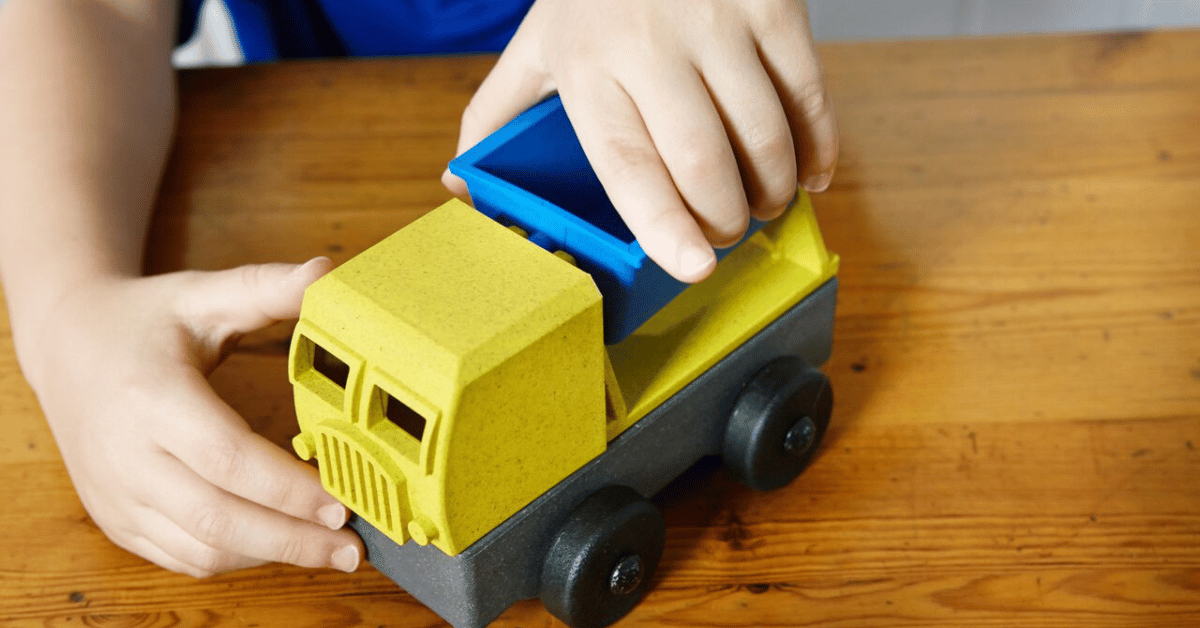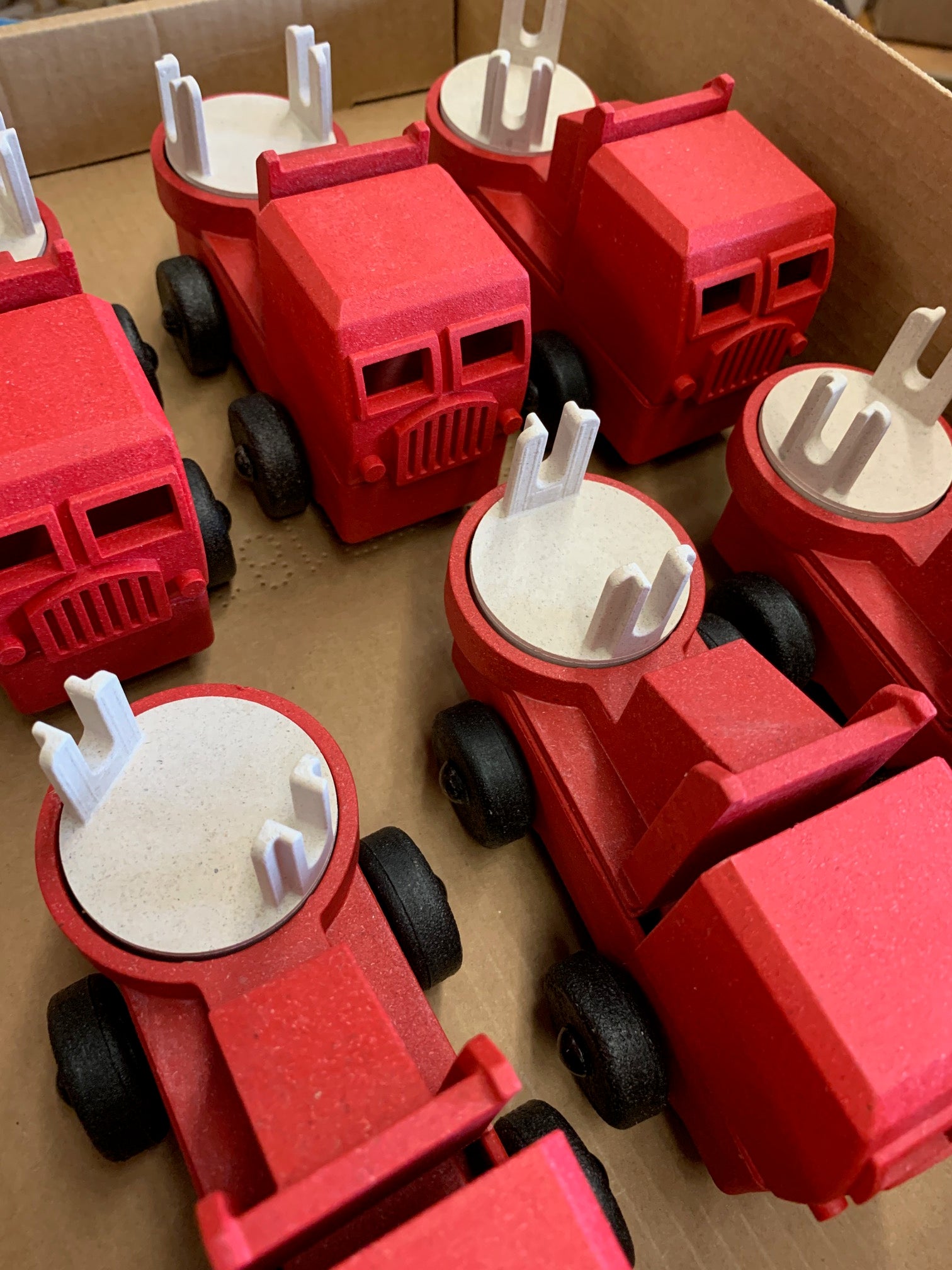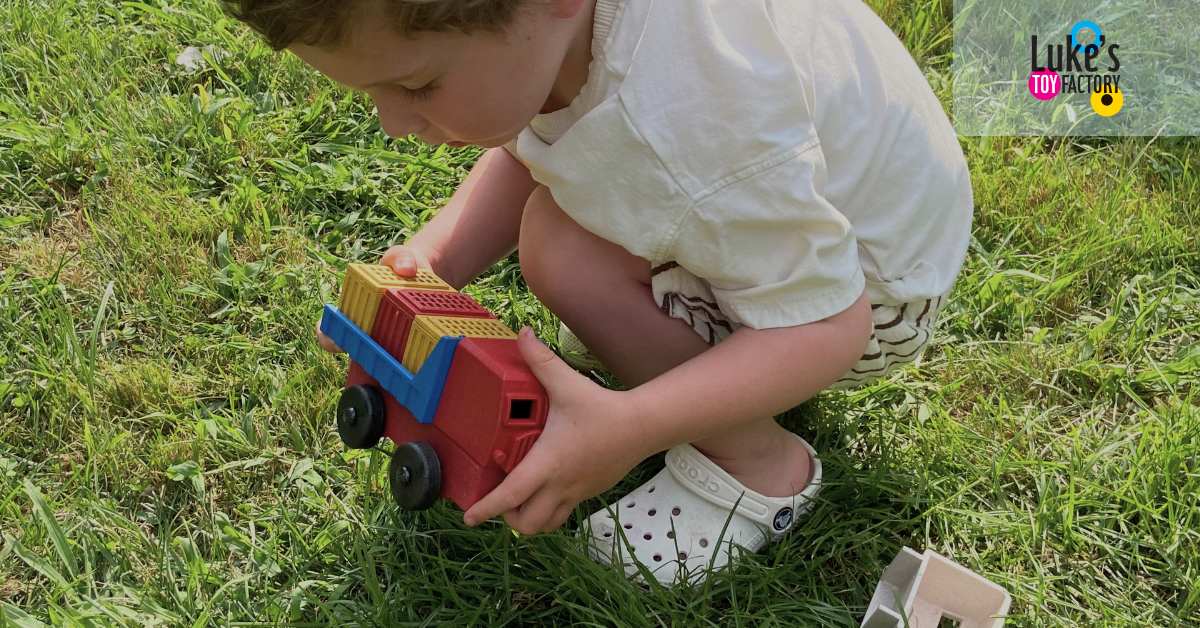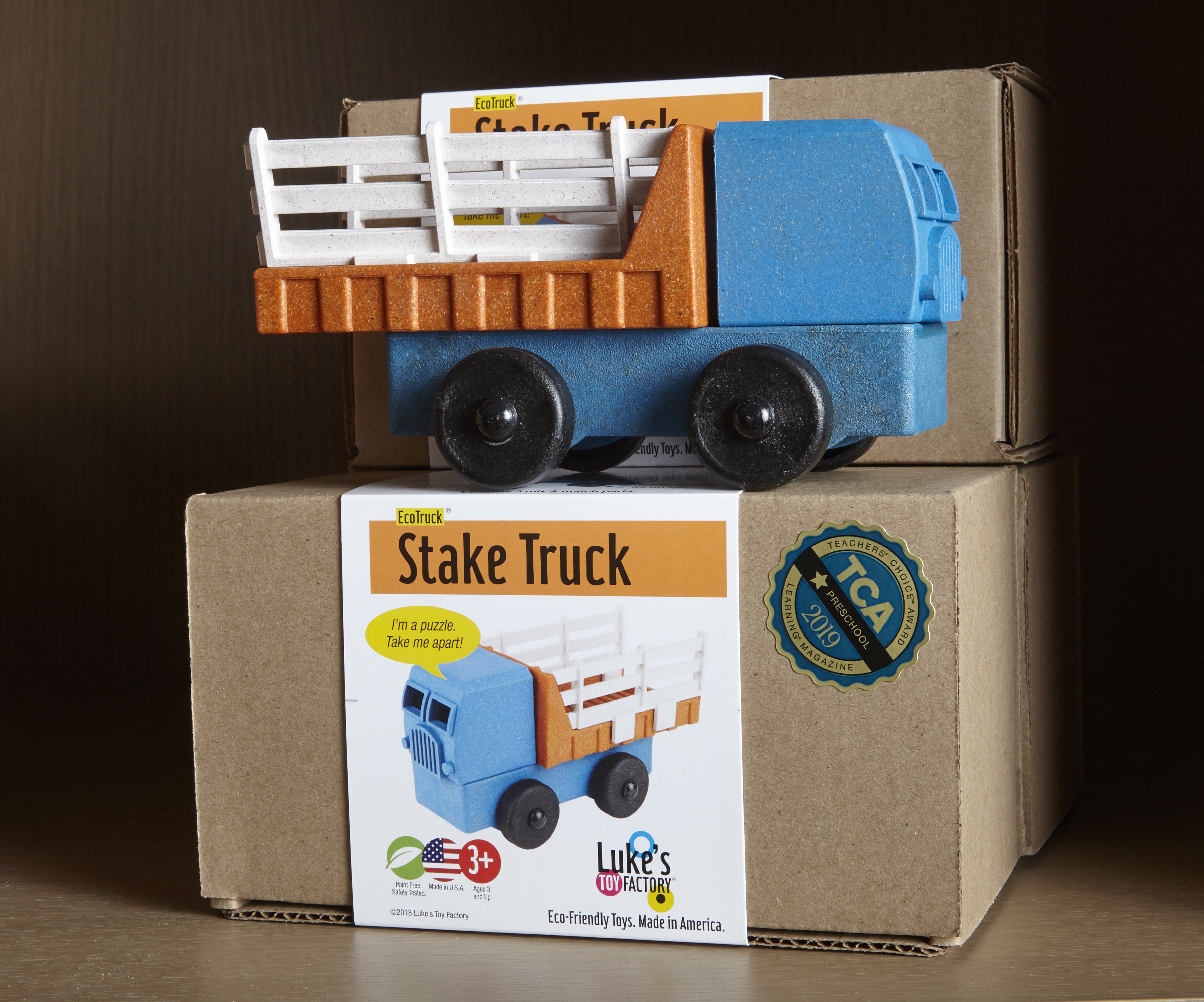What are Fine Motor Skills: A building block of early childhood development

What are fine motor skills?
Fine motor skills refer to the coordination and control of small muscle movements, such as those in the hands, fingers, and wrists. These skills are essential for a child's overall development, particularly during the early years of life. In this blog post, we will discuss the critical fine motor skills for preschoolers and why fine motor skills are important for young children. We'll also provide some ways that parents, educators, and caregivers can help children develop these skills, so that you can choose the best gifts for three year olds.
Why are fine motor skills important for young children?
Fine Motor Skills for Preschoolers:
Improved hand-eye coordination
As children develop their fine motor skills, they also improve their hand-eye coordination. This means that they are better able to coordinate their movements and make more precise actions, such as stacking blocks or manipulating small objects. Improved hand-eye coordination is an essential foundation for other skills, such as sports, writing, and many other activities that children will encounter in their lives.
Enhanced dexterity
Fine motor skills allow children to develop dexterity, which means that they are able to perform more complex movements and tasks with greater ease and precision. This is important for a variety of everyday activities, such as eating, dressing, and playing. As children become more independent, they will need to rely on their own dexterity to perform tasks, such as tying their shoes or opening a jar.
Improved hand strength
As children use their hands to grip, squeeze, and manipulate objects, they develop hand strength and coordination. This helps them to perform activities that require fine motor control and dexterity, such as drawing and writing. Strong hands and fingers are also important for other activities, such as sports and playing musical instruments.
Better school readiness
Fine motor skills are closely linked to academic success. Children who have well-developed fine motor skills are better prepared for school, as they have the ability to hold a pencil, cut with scissors, and manipulate other tools that are essential for learning. In addition, the development of fine motor skills is important for other academic skills, such as reading and math.
Increased independence
As children develop their fine motor skills, they become more independent and confident. They are able to perform tasks on their own, which boosts their self-esteem and helps them to feel more in control of their environment. This sense of independence is important for children as they grow and become more self-sufficient.
Ways to help young children develop fine motor skills:
Play with small objects
Playing with small objects, such as beads, small blocks, or Luke's Toy Factory toy trucks can help young children develop their fine motor skills. Encourage them to manipulate the objects with their fingers and hands. Parents and caregivers can also use objects with different textures, shapes, and sizes to challenge children's abilities.
Drawing and coloring
Drawing and coloring are great ways to help young children develop their fine motor skills. Provide them with different materials to experiment with, such as crayons, markers, and paintbrushes. Encourage them to draw different shapes and lines, and to experiment with different colors.
Cutting and pasting
Young children can practice their fine motor skills by cutting and pasting different materials, such as paper or fabric. Start with simple shapes and progress to more complex designs as their skills develop. This is also a great way to help children develop their creativity and imagination.
Playdough
Playdough is a fun and versatile material that can help young children develop their fine motor skills. Encourage them to roll, shape, and mold the dough with their hands. This is a great way for children to develop their creativity and imagination while also developing their fine motor skills.
Building with blocks
Building with blocks helps young children develop their hand-eye coordination and spatial awareness. Children can learn how to stack and balance various forms and shapes. Parts from Luke's Toy Factory trucks are designed to be interchangeable with other trucks so kids can practice assembling and disassembling trucks, and interchanging parts. Best of all, there are no batteries, so kids power the toys with their imagination!
The development of fine motor skills is a critical part of a child's overall development and sets the foundation for future success in school and life. Parents and caregivers can encourage the development of fine motor skills through activities such as playdough, drawing, and using blocks.
Read these posts to learn how to choose an educational toy for preschoolers and the benefits of eco-friendly toys for childhood development.



